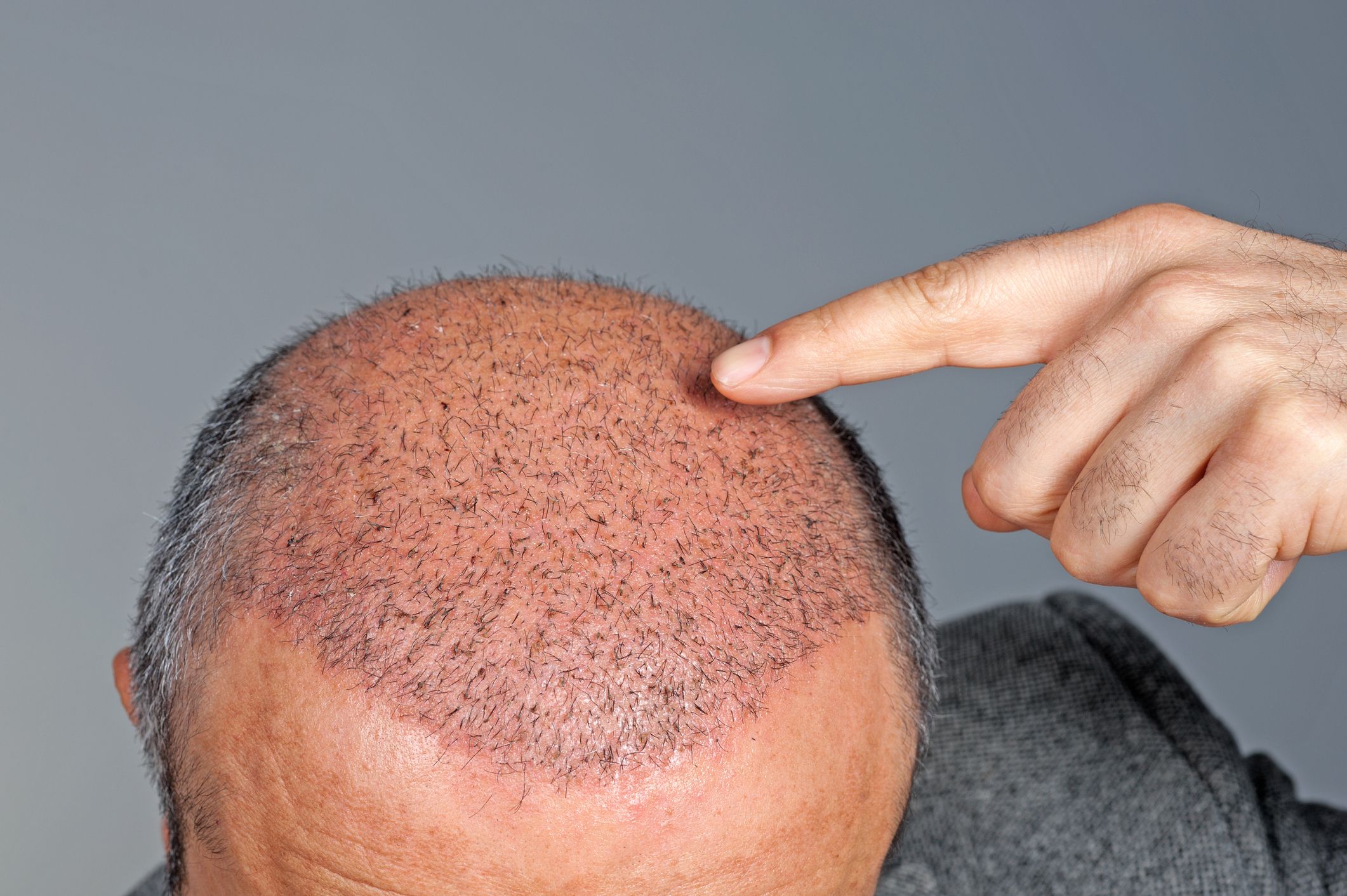Why Do Hair Transplants Fail?
Hair transplants are a popular solution for addressing hair loss and restoring confidence. While they are often successful, there are instances where hair transplants fail. Understanding the reasons behind such failures can help individuals make informed decisions and set realistic expectations.
Poor Candidate Selection
Not everyone is an ideal candidate for a hair transplant. Factors such as the extent of hair loss, the quality of the donor hair, and underlying medical conditions play a significant role. For example:
- Insufficient Donor Hair: A lack of healthy hair in the donor area can limit the success of the procedure.
- Progressive Hair Loss: If the hair loss is ongoing, transplanted hair may look unnatural over time as surrounding hair continues to thin.
Unrealistic Expectations
Patients sometimes expect dramatic results that aren’t feasible given their condition. A skilled surgeon will set realistic goals based on the patient’s hair density, texture, and natural hairline.
Inexperienced Surgeon
The expertise of the surgeon is critical to the success of a hair transplant. Inexperience can lead to:
- Improper harvesting of donor hair, causing scarring or damage.
- Poor placement of grafts, resulting in unnatural-looking hair growth.
- Failure to create a natural hairline.

Improper Post-Operative Care
The healing process is crucial for the survival of transplanted hair. Neglecting post-operative instructions, such as avoiding sun exposure, rigorous physical activities, or improper washing, can jeopardize the success of the transplant.
Infection or Poor Healing
Infections or slow healing can lead to graft failure. Factors contributing to these complications include:
- Unsanitary surgical conditions.
- Smoking or other habits that impair healing.
- Pre-existing health conditions like diabetes.
Shock Loss
Shock loss refers to the temporary loss of transplanted or existing hair after surgery. While the transplanted hair typically regrows, in rare cases, it may not, leading to disappointing results.
Overharvesting
Overharvesting the donor area can lead to visible thinning or scarring. This is more likely with inexperienced surgeons or poorly planned procedures.
Unrealistic Techniques
Certain advanced techniques, like Follicular Unit Extraction (FUE) or Follicular Unit Transplantation (FUT), may not suit everyone. If an inappropriate method is chosen, it can compromise results.
Underlying Medical Conditions
Medical issues like autoimmune disorders or scalp diseases can prevent the grafts from taking hold or lead to continued hair loss after the transplant.
Aging and Genetic Factors
Even after a successful hair transplant, genetic factors and aging may cause further hair loss. This can make the transplant appear less effective over time unless additional procedures are performed.
How to Maximize Success?
To ensure the best outcome from a hair transplant:
- Choose an Experienced Surgeon: Research credentials, reviews, and past results.
- Have Realistic Expectations: Understand the limitations based on your unique hair loss pattern.
- Follow Post-Op Care: Adhere strictly to the surgeon’s instructions to promote healing and graft survival.
- Address Underlying Health Issues: Manage conditions that could affect healing or hair growth.
- Consider a Long-Term Plan: Discuss future procedures if hair loss progresses.
While hair transplant failures can occur, many are preventable with proper planning, a skilled surgeon, and adherence to post-operative care. Educating yourself and selecting the right professional can significantly enhance the chances of achieving natural, lasting results.
FAQ: Hair Transplants and Why They May Fail
Can a hair transplant fail?
Yes, a hair transplant can fail, although the risk is low when performed by an experienced surgeon. Failures can occur due to improper candidate selection, poor surgical techniques, or inadequate post-operative care.
What are the common reasons for hair transplant failure?
The main reasons include:
- Poor candidate suitability (e.g., insufficient donor hair or progressive hair loss).
- Inexperienced surgeons or improper surgical techniques.
- Failure to follow post-operative care instructions.
- Medical conditions or infections.
- Unrealistic expectations.
How can I know if I’m a good candidate for a hair transplant?
You are a good candidate if:
- You have sufficient healthy donor hair.
- Your hair loss is stabilized.
- You are in good general health. A consultation with a hair restoration specialist will confirm your suitability.
Is shock loss a sign of failure?
Shock loss, or temporary shedding of transplanted or existing hair, is common after surgery and not usually a failure. Most of the hair regrows within a few months. However, if it doesn’t, consult your surgeon.
What can I do to prevent a hair transplant from failing?
To minimize the risk of failure:
- Choose a highly qualified and experienced surgeon.
- Follow all pre- and post-operative instructions.
- Avoid smoking, excessive sun exposure, and strenuous activities during recovery.
- Treat underlying medical conditions beforehand.
Can a failed hair transplant be corrected?
Yes, in most cases, corrective procedures can be performed to improve results. Options include additional grafts, scalp micropigmentation, or revision surgery to fix poor hairline design or scarring.
How long does it take to see the final results?
Hair transplant results are gradual. Initial hair shedding is common, and new hair growth begins around 3-4 months after surgery. Full results are typically visible after 12-18 months.
Does a hair transplant stop future hair loss?
No, a hair transplant doesn’t prevent future hair loss. You may need additional treatments, such as medication (e.g., finasteride or minoxidil), or future procedures to maintain a natural look.
What happens if the donor area is overharvested?
Overharvesting can lead to visible thinning or scarring in the donor area. This is avoidable with proper planning and a skilled surgeon.
Can medical conditions affect a hair transplant?
Yes, conditions like diabetes, autoimmune disorders, or scalp infections can affect healing and graft survival. Inform your surgeon of any medical issues during consultation.
Is there a guarantee for success?
No surgeon can guarantee 100% success, but choosing an experienced professional and following their guidance can maximize the chances of a successful outcome.
How do I choose the right surgeon for a hair transplant?
- Research their credentials and experience.
- Look for before-and-after photos of previous patients.
- Read reviews and seek recommendations.
- Ensure they specialize in the type of procedure you need (e.g., FUE or FUT).

















